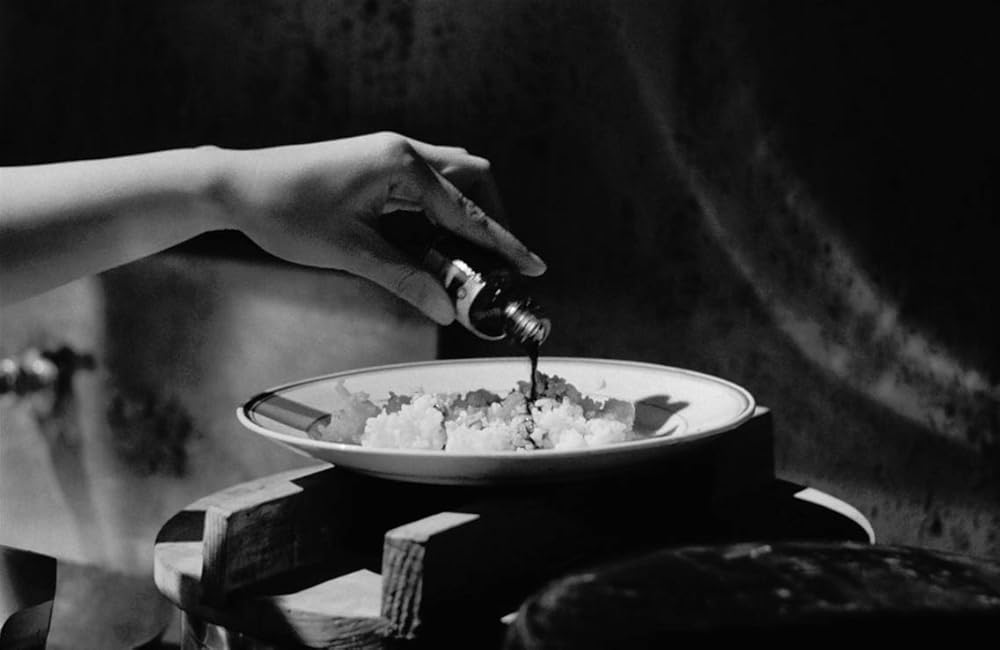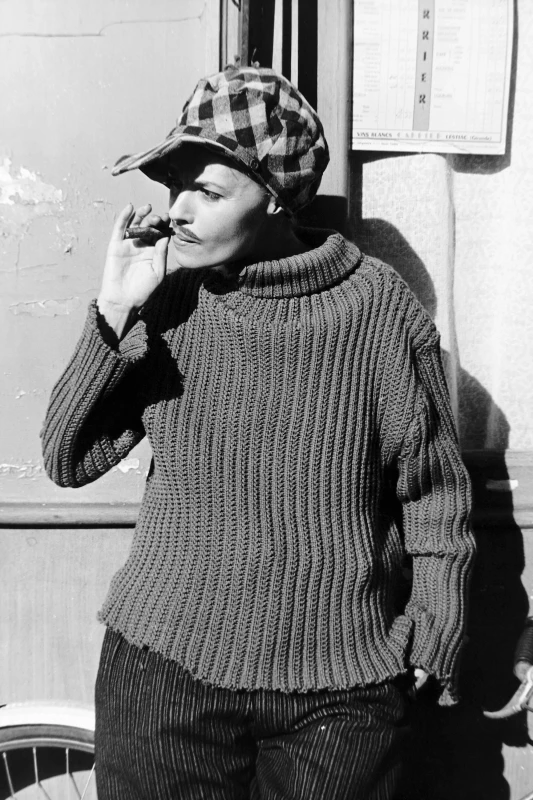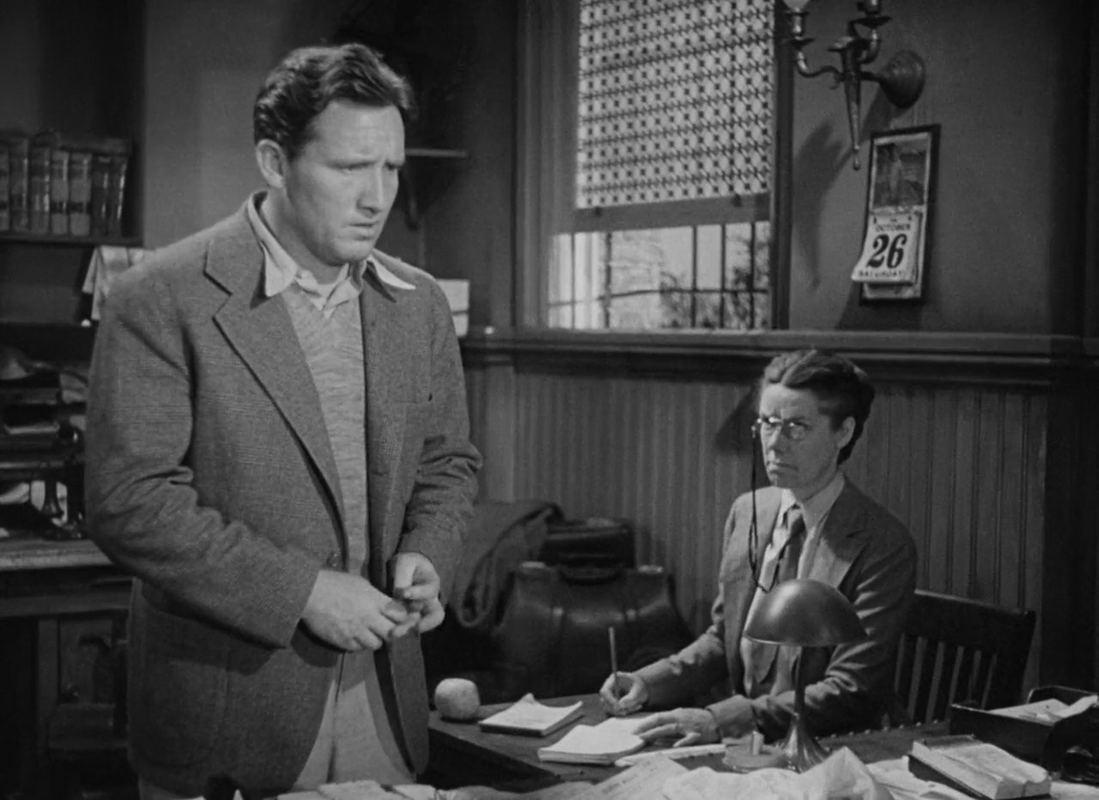Balada pro banditu [Ballad for a Bandit] (Vladimír Sís, 1979)
Dec
24
Christmas Eve – Nikolas
.webp)
The bandit and his bride. DP: Viktor Růžička.
A Nikolas or Nicholas for Christmas Eve.
The tale of legendary highwayman Nikola Šuhaj from Koločava.
romance
Jean: Are you bored?
Juliette: Oh, no.
Jean: Don't worry. There'll be places to see.
Juliette: Riverbanks.L'Atalante (Jean Vigo, 1934)
Dec
16
on a river
.gif)
Juliette (Dita Parlo) in her bridal dress walks the cover of her husband's river barge L'Atalante. A steam barge putputs by (via). DP: Boris Kaufman.
Set on a river*
* the Bales 2025 Film Challenge for December has a few dateless themes. This is one of them.
Careful, Soft Shoulders [Lady in a Quandry] (Oliver H.P. Garrett, 1942)
Dec
7
1941

Thomas Aldrich (James Ellison) and Connie Mathers (Virginia Bruce). DP: Charles G. Clarke.
Belle (André Delvaux, 1973)
Nov
28

Belle (Adriana Bogdan) in front of her cabin on the moors. DPs: Ghislain Cloquet & Charles Van Damme.
“Oh, my God, Gerald! Shall I die?” Women in Love (Ken Russell, 1969)
Nov
18
.webp)
Bates and Reed in post-jostle bliss, bathing in the fireplace's glow (via). DP: Billy Williams.
A memorable fire or fireplace scene*
– Gudrun Brangwen
Oddly, one barely remembers the fireplace.
* the Bales 2025 Film Challenge for November is, again, not date-based, but follows a sloppy schmaltzy all-American Thanksgiving-y narrative. Trying to make it work my way.
“Look at us. We're almost totally dependent on our maid. She cooks and washes for us, and is the first person to greet me when I come home from work. She is entirely at our service.” 하녀 [Hanyeo / The Housemaid] (Kim Ki-young, 1960)
Nov
13

Adding one more ingredient. DP: Deok-jin Kim.
A memorable kitchen or cooking scene*
– Dong-sik Kim
A housemaid works her way into a middle-class household and takes over the wife's tasks – cleaning, cooking, child rearing.
* the Bales 2025 Film Challenge for November is, again, not date-based, but follows a sloppy schmaltzy all-American Thanksgiving-y narrative. Trying to make it work my way.
“She's a strange breed.” Jules et Jim (François Truffaut, 1962)
Nov
4
sweaters

Catherine (Jeanne Moreau) in a raggedy, moth-eaten sweater and oversized newsboy cap, wears a moustache and smokes a cigar (via). DP: Raoul Coutard.
A movie with gorgeous sweater fashion*
– Jim
Throwing in a little Movember for good measure.
* the Bales 2025 Film Challenge for November is, again, not date-based, but follows a sloppy schmaltzy all-American Thanksgiving-y narrative. Trying to make it work my way.
Na wylot [Through and Through] (Grzegorz Królikiewicz, 1972)
Nov
4
1933

Maria (Anna Nieborowska) and Jan (Franciszek Trzeciak) in court. The film is based on the 1933 Jan and Maria Malisz’s Case. DP: Bogdan Dziworski.
Fury (Fritz Lang, 1936)
Oct
26
1936

A distraught Joe Wilson (Spencer Tracy ) in the sheriff's office. DP: Joseph Ruttenberg.
“It's crazy how you can get yourself in a mess sometimes and not even be able to think about it with any sense, and yet, not be able to think about anything else. You get so you're no good for anything or anybody. Maybe it begins by taking life too serious. Anyway, I think that's the way it began for me, just before my fight with Rodriguez three days ago…”Killer's Kiss (Stanley Kubrick, 1955)
Oct
25
Fri

An already worn-out poster for “another great bout” between Davey Gordon and Kid Rodriguez. DP: Stanley Kubrick.
– Davy Gordon